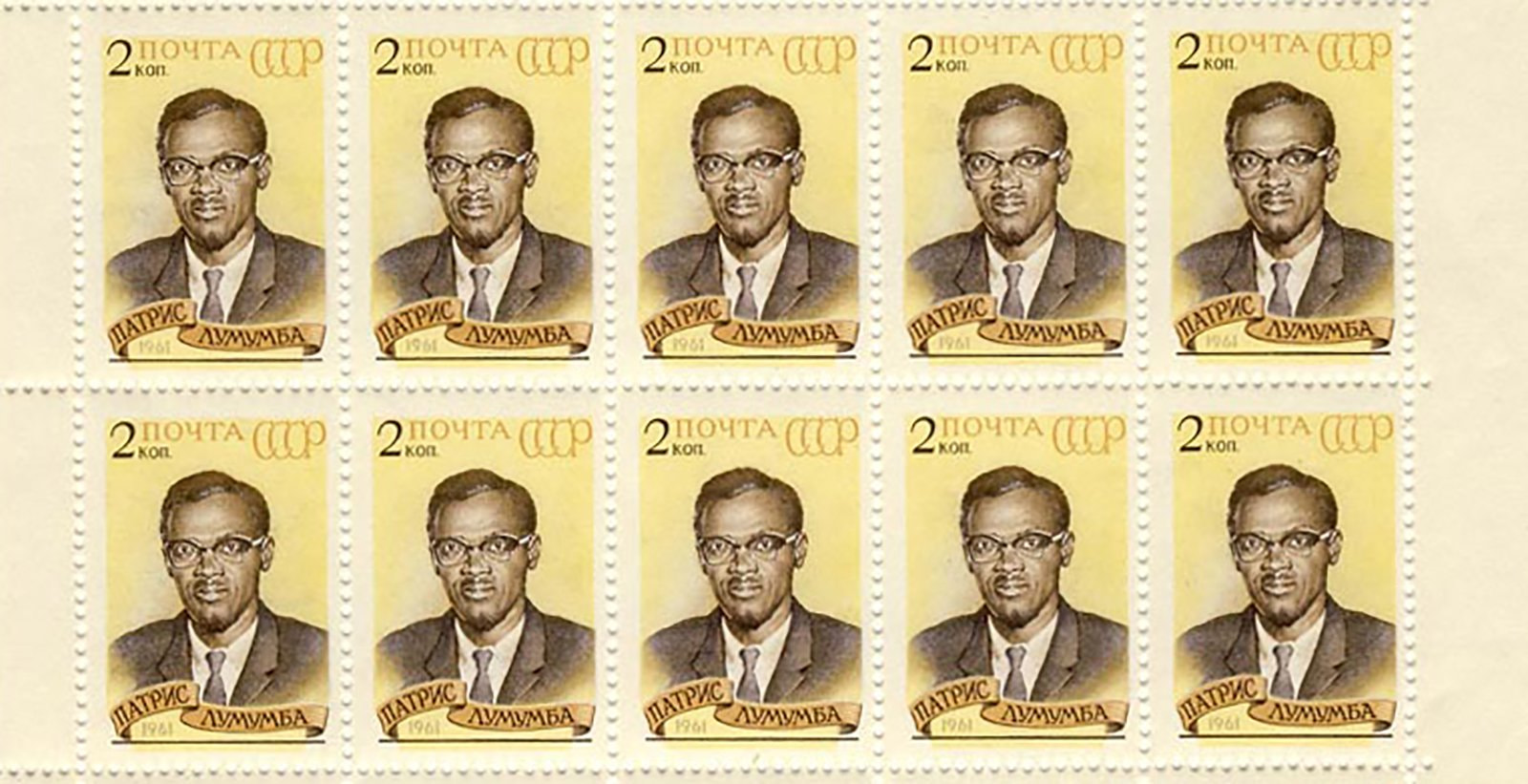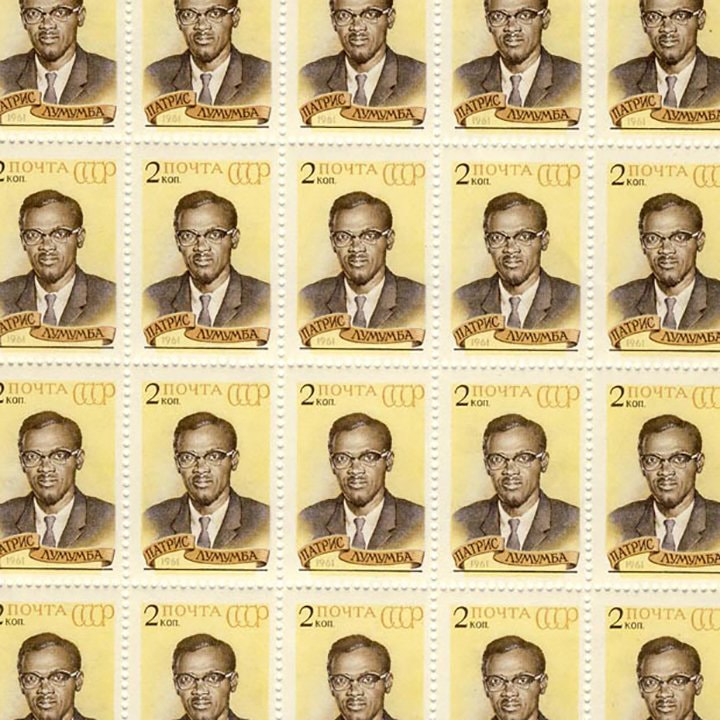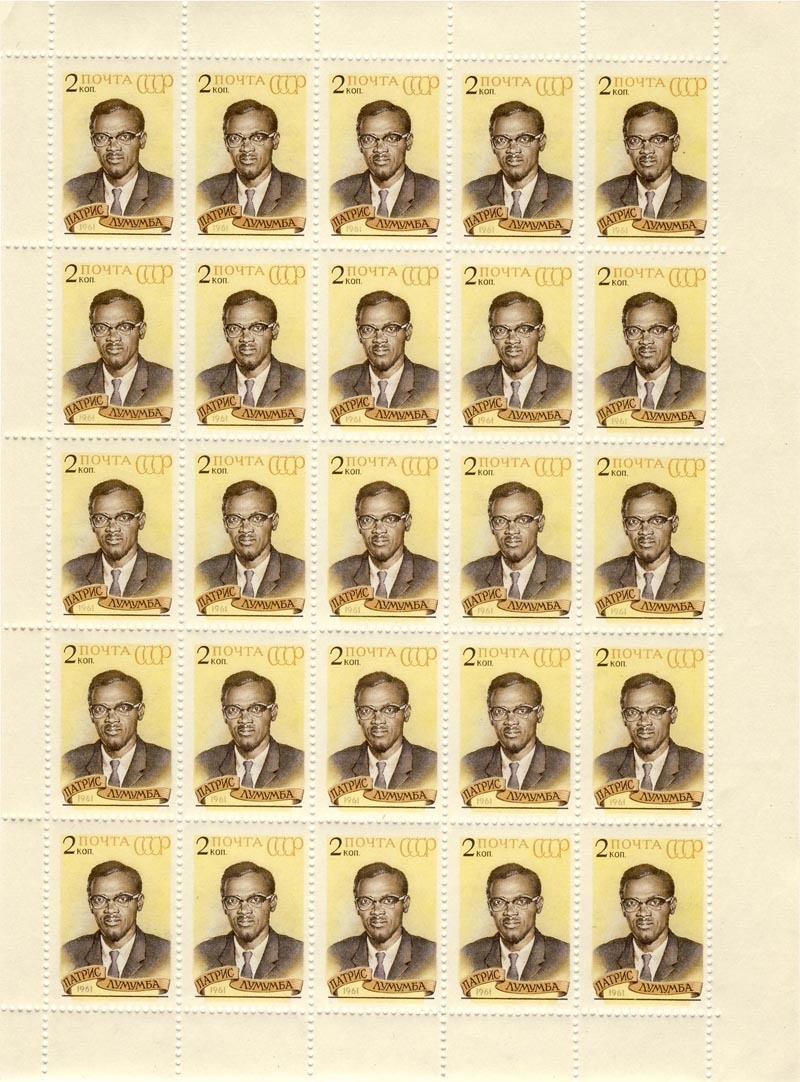Part of the Garage Field Research project Sammy Baloji: Research on Soviet influence in Congo, this lecture looks at the posthumous influence of Patrice Lumumba on 1960s international student activism.
The assassination of Patrice Lumumba on January 17, 1961 was an event with worldwide repercussions. The young Congolese Prime Minister had became a symbol of the anti-imperialist struggle for his staunch denunciation of Belgian colonial exploitation. When the news of his assassination came out, thousands of people around the world, from Harlem to Jakarta, took to the streets to express their anger and denounce the murder of an icon.
This lecture looks at the impact of Lumumba’s afterlife among Congolese students in the 1960s. As the educated elite of the new nation, students occupied a privilege position in the Congolese national imagination. They used that position to try to impose their own vision of the country’s future. Lumumba’s assassination was a pivotal moment for them, becoming a collective and personal landmark in the biographies of a generation of student activists. The worldwide stature of Lumumba as a martyr of African decolonization was key in his posthumous popularity in Congolese universities. Because of their association with the figure of Lumumba, young Congolese received support from new allies around the world, including scholarships to continue their education in the Soviet Union or the United States. The international communion around Lumumba’s name was sometimes the result of productive misunderstandings about the real nature of the events that unfolded in Congo. Nonetheless, Lumumba’s legacy played a crucial role in transnational mediations throughout the 1960s and made possible the circulation of new political repertoires among Congolese students. Fifty years after 1968, it is time to seriously consider the history of 1960s student activism in Africa, and move away from a restrictive focus on youth protests in places like Prague, Paris, Berlin or Berkeley.


